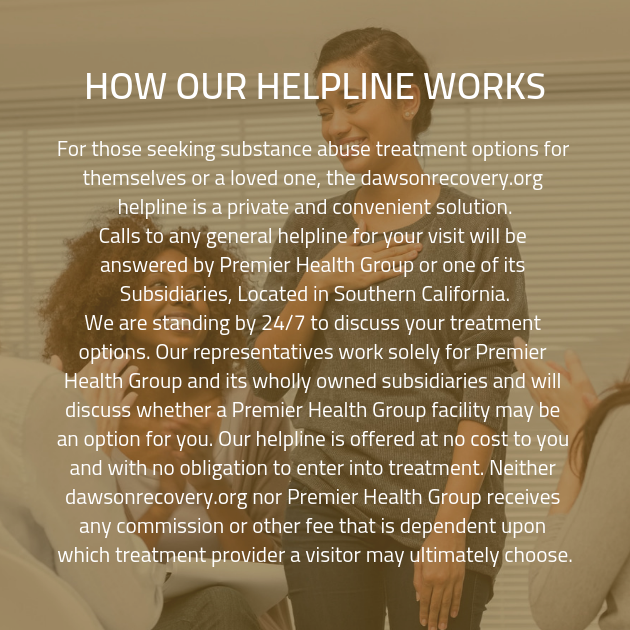Detox & Addiction Treatment Resource
(646) 362-1821
No one chooses a life of addiction, but millions face the uphill battle against this devastating disease. No matter how a person came to be addicted to controlled substances, they deserve the hope of escaping the disease and living out a positive, addiction-free life. There is a choice when seeking help to battle addiction, and a drug rehab centers have multiple locations to best serve individuals seeking a way out. With a commitment to providing care for clients in an open and caring environment, they believe in individualized treatment plans for each unique individual. Individual and group therapy is only successful when it is administered with compassion, and a professional staff is dedicated to developing personal relationships with each and every client. An addiction treatment center in New York, New York delivers compassionate care as they lead individuals through a comprehensive addiction recovery program.
Detoxification occurs when an individual abstains from drugs and alcohol as a way of cleansing the body of any and all controlled substances. During this time, many individuals experience discomfort as their body goes through withdrawal. Symptoms of withdrawal vary depending on the type of substance used, as well as the length of time an individual has been using. They practice supervised detoxification at a drug detox clinic because it enables their staff to monitor the safety and comfort of clients.
Supportive staff are on hand to encourage clients through the discomfort of withdrawal. Their staff is also available in case withdrawal symptoms become dangerous or life-threatening, as in the case of heart tremors and fluctuating blood pressure. These precautions also improve the success rate for individuals who undergo supervised detoxification at a drug rehab facility as opposed to detoxing alone.
Therapy is a central part of the treatment plan at a substance abuse treatment facility in New York, New York, and they believe trust is key in both group and individual sessions. During group therapy, a clients are given the opportunity to interact with one another under the guidance of a therapist. They can offer words of encouragement, ask for help from others on the same journey, or hold accountable other clients who are stumbling in their addiction recovery. Individual therapy is key to personal growth, since it is during these sessions that many clients are given a dual diagnosis.
When a client receives a dual diagnosis, a therapist has identified some type of mental or behavioral disorder present in the client in addition to addiction. Dual diagnoses are more common than some might expect, and an addiction treatment facility staff is committed to treating all issues in order to promote long term recovery. Addiction can begin as a coping mechanism for mental illness, meaning that treating mental illness is an essential part of treating addiction.
Completing treatment at an addiction recovery facility is only the beginning of the recovery process. The time directly after leaving an addiction recovery center is often the time when individuals are most vulnerable. A team is committed to pairing clients with appropriate aftercare options to increase their chance for success, and for most, this begins with sober living housing. This acts as a transitional step between a substance abuse treatment center and returning home. Individuals are given more freedoms but still expected to perform chores and adhere to daily routines. After moving home, they encourage their clients to continue therapy with a trusted professional in addition to seeking out an addiction support group to maintain a supportive community of individuals facing similar struggles on the road to recovery.
Addiction can strike anyone, and the fight to overcome this disease is often too much to face alone. An addiction recovery center in New York, New York provides a supportive environment staffed by compassionate professionals skilled in guiding clients along the journey to addiction recovery.


